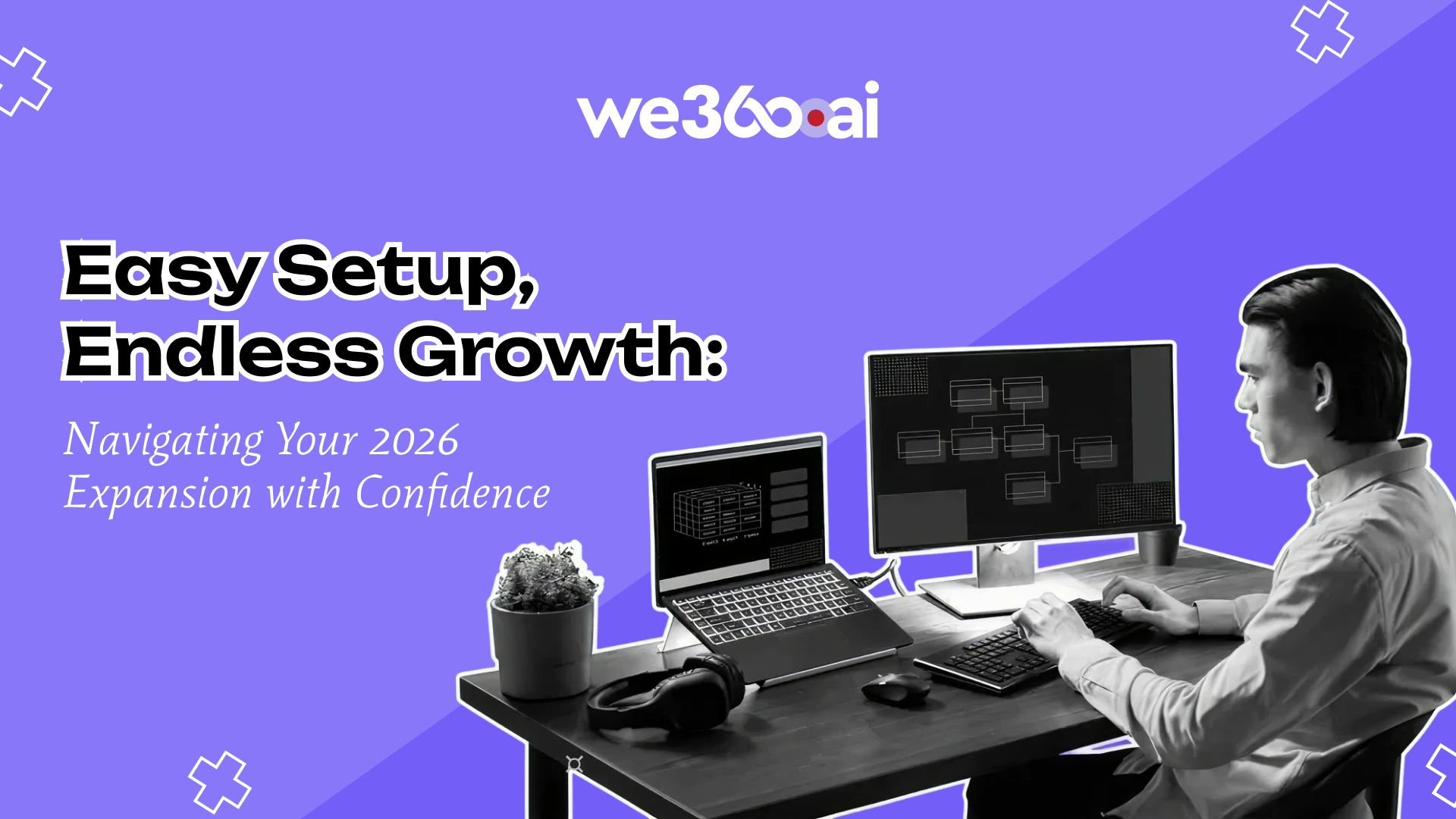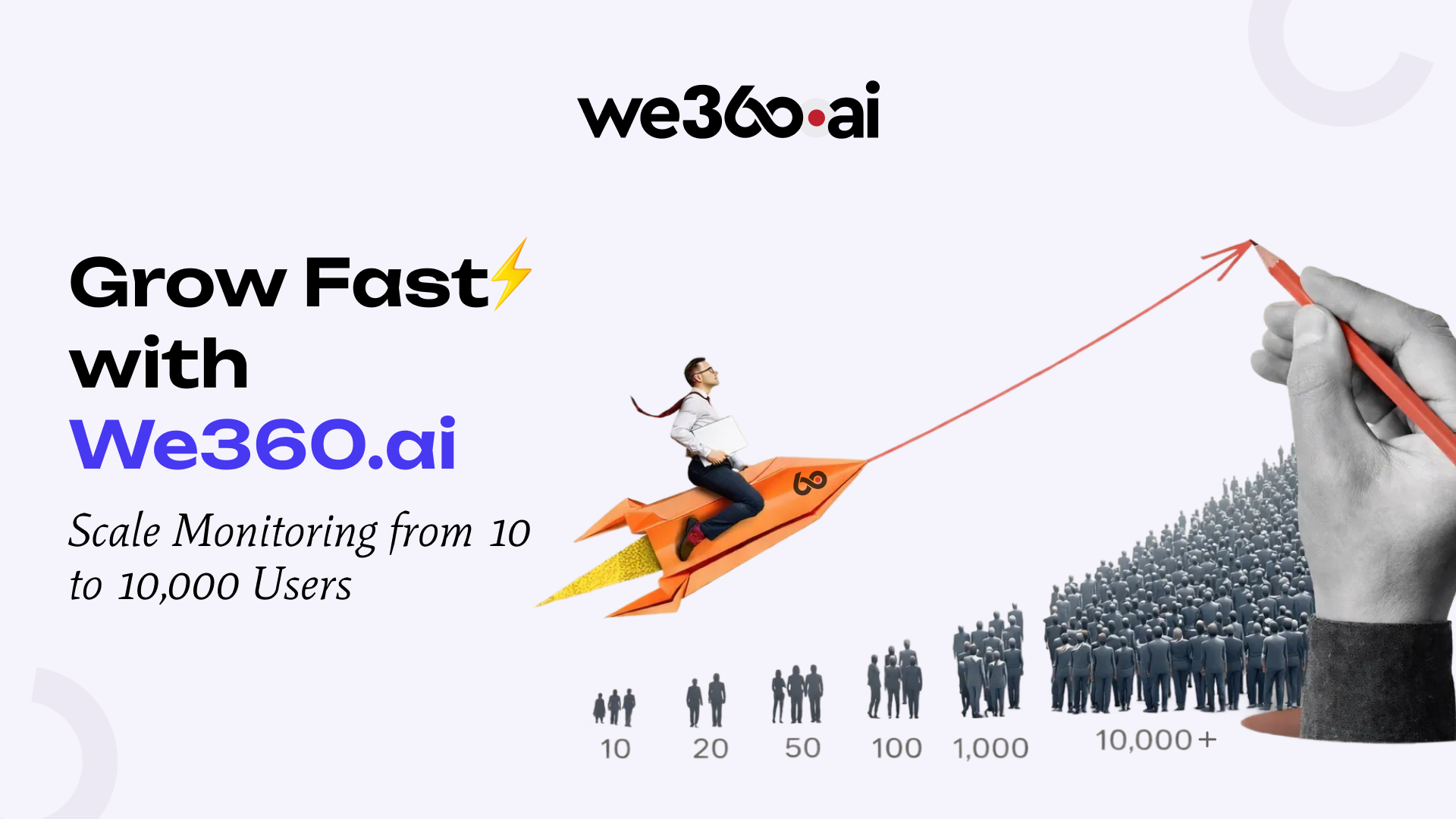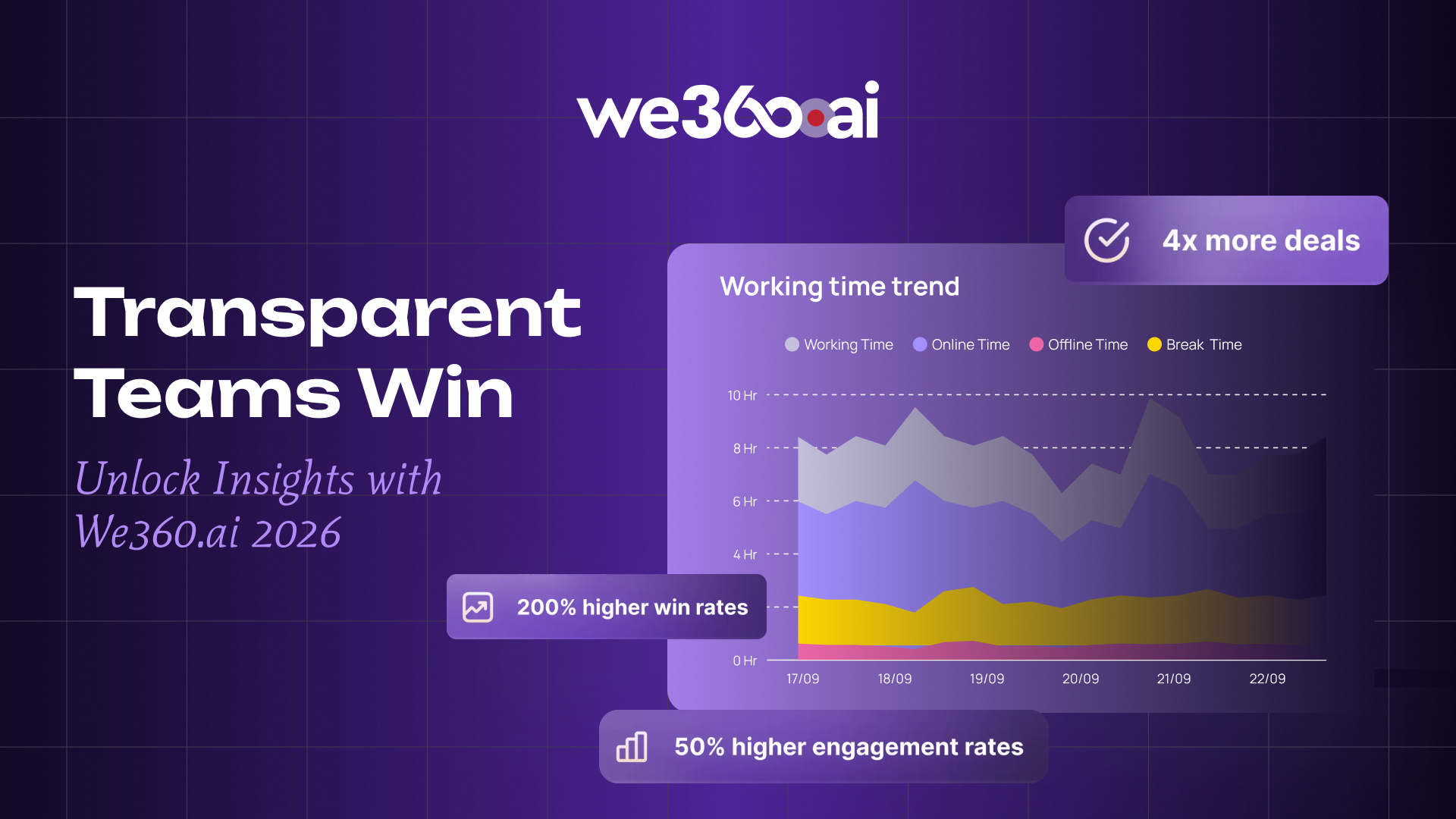Your employees’ performance is dipping and you feel helpless about it.
In current scenario, keeping your employees motivated, aligned and performing to their best is more complex than ever. 76% of HR leaders say they risk falling behind in industry if they don’t incorporate AI in their strategy in next 12 to 24 months.
Can you see the impact? It is an insurmountable problem to face manually. Thankfully, we are in the AI era. Annual reviews, sporadic feedback, and gut-feel evaluations are becoming a thing of past.
By combining continuous monitoring, predictive analytics, and personalized insights, AI enables HR and managers to spot underperformance before it escalates. It closes skill gaps faster, sets truly SMART goals, and removes bias from evaluations.
Let’s dive in-depth into it.
What is Employee Performance Management?
Employee performance management helps HRs involve employees in improving organizational effectiveness and accomplishment of goals.
It encompasses multiple functions, including ongoing progress monitoring, instant feedback, and regular communication. It further helps with employee training for skill enhancement, acknowledging achievements, rewarding performance improvements, and setting clear goals.

We360.ai is one such tool that helps you with workforce analytics, paving way to improve your employee performance with real-time insights.
However, there are certain challenges that even most traditional tools face and are met head-on via AI.
Challenges in Employee Performance Management and How AI Helps?
How is AI Evolving in Workplace?
AI is no longer needed only by technologists and data scientists; it is becoming instrumental for nearly all professions. As per research by Harvard Business Review, more than 40% of US work activities can be automated or completely reimagined via AI.
It helps uncover workforce insights, predict trends, and make smarter decisions. AI empowers professionals to develop “fusion skills” like decision intelligence.
AI aids in automation of repetitive tasks and basic analytics. It uses generative AI, machine learning, and predictive analytics in HR as businesses race to harness AI’s potential for innovation and operational efficiency.
Early Detection of Performance Issues
Subpar employee performance has been an issue ever since. But with the advent of several technological distractions, it has become complex to detect early performance issues without serious repercussions.
With the stepping up of AI, gauging employee performance has become more effective. Employees are also more vigilant and want constant feedback to amp up their performance. For instance, nearly 60% employees want feedback on daily or weekly basis. This outdates the feedback provided annually or biannually.
A few ways in which AI helps for early detection of performance issues are:
- AI-powered dashboards monitor metrics like task completion and sales conversion rates.
- With predictive alerts and pattern recognition ML detects gradual performance decline rather than an abrupt drop.
- Tone and sentiment analysis over time to spot disengagement or frustration.

Data-Driven Performance Insights With AI
HRs want their employees to be at top of their game but don’t know how to pursue it.
Steps in AI: AI’s cutting-edge algorithms have amped up the speed with which employees' data can be processed. This includes employee performance metrics and prior performance reviews.
AI pulls the lever with which employees' performance can be enhanced: it’s data.
HRs can collect, analyze and interpret employee performance data. Managers can make informed, objective and timely decisions instead of relying on gut feeling.
A few steps HRs can take are:
- Effectively use AI data insights: Work on employee performance data for projects like recognizing and rewarding top performers, targeting training needs and succession planning.
- Develop talent in employees: Use AI to process personalized training programs, ensuring employees are hand-held until they are well-trained.
- Real-time performance dashboards: Managers can filter employees via live performance snapshots. Identify performance dips and missed milestones.
- Performance benchmarking: AI compares employee performance against historical personal performance and peer performance in similar roles.
- Root cause analysis: AI evaluates why performance is dipping. This could be low training completion (implying high error) or long working hours (reduced quality). With this, AI supports data-backed interventions.
The Future of AI in Performance Management
The way organizations are managing employee performance is undergoing a seismic shift.
What once relied on gut feeling, annual review or delayed feedback is redefined by AI’s precision, speed and predictive power. HRs are now setting SMART goals to bridge skill gaps, removing bias and equipping managers with tailored training.
In the next few years, AI-powered performance management will no longer be a competitive advantage, but it will be a necessity. Companies that embrace it will not only see higher productivity and engagement but will also build a more agile, motivated, and future-ready workforce.
If you’re ready to take the guesswork out of performance management, We360.ai is your go-to workforce productivity and analytics tool. Book your demo today and see how We360.ai can transform the way your team works.














